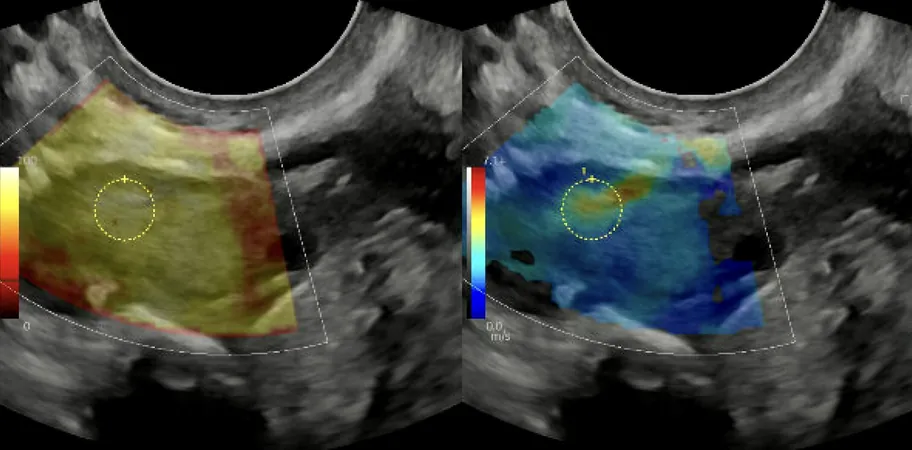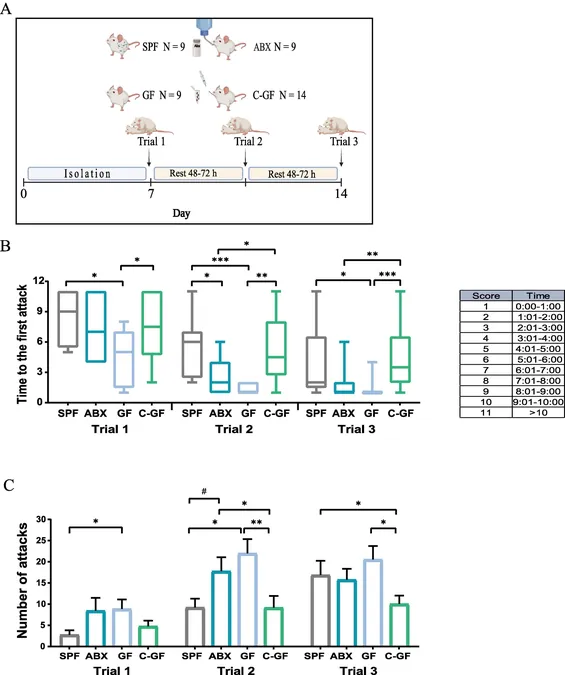
Breakthrough Study Reveals Groundbreaking Treatment to Extend Ovarian Health in Aging Mice—Could This Change Women's Health Forever?
2024-09-17
As women age, their ovaries, vital for hormone production and reproductive health, begin to decline in function.
By the average age of 51, many women face menopause, a natural process signaling the end of fertility and hormonal activity. However, new research from Northwestern Medicine offers a glimmer of hope, revealing an innovative method to improve the "healthspan" of ovaries, potentially extending their functionality well into later life.
In this study, published in the journal *GeroScience*, researchers explored the effects of Pirfenidone, a drug traditionally used to treat idiopathic pulmonary fibrosis. Their findings showed that treating aging ovaries in mice with this medication could effectively combat age-related damage, maintaining ovarian health and hormone production—key players in women's overall wellness.
A Changing Landscape for Women's Health
Francesca Duncan, an associate professor at Northwestern University Feinberg School of Medicine and the study's lead author, explains the significance of this research. “While the average age of menopause remains stable, advancements in health and medicine mean women are living longer, healthier lives,” she noted. “It’s crucial for ovarian function to adapt accordingly, ensuring that women maintain their healthspans.”
Duncan cautioned that while Pirfenidone showcased promise, it is not ready for clinical use due to potential side effects such as liver toxicity, although these effects were not observed in mice. The study does demonstrate proof of concept: it is possible to enhance ovarian performance by addressing the underlying health of the ovaries.
Understanding Ovarian Changes and Their Implications
In previous work, Duncan's team identified that aging ovaries experience inflammation and fibrosis, resembling scarring seen in other organs. Such changes create an environment favorable for cancer cell growth while also impairing egg quality. This deterioration could explain the observed decline in fertility as women enter their 30s and 40s.
The newly conducted study showed that mice treated with Pirfenidone exhibited more follicles, better ovulation rates, and stabilized hormone levels—important factors in maintaining reproductive health.
Not Just About Fertility: A Holistic Approach to Hormonal Health
While extending the fertility window may seem appealing, Duncan emphasizes that this is not the primary aim of the study. "Many women are not solely focused on childbearing," she explained. This research instead aims to enhance the ovarian environment to ensure continuous hormone production well past reproductive years.
Hormonal decline is linked not just to fertility challenges but also to increased risks of osteoporosis, cardiovascular diseases, and even mood disorders. By improving ovarian health, many of these issues might also be mitigated. “If we can tackle the environment of the ovaries, we address fundamental health concerns. It’s about restoring overall wellbeing,” Duncan stated.
The Road Ahead: Seeking Safer Alternatives
As exciting as these findings are, further research is essential to find a safer, effective pharmaceutical solution for women. Duncan and her team are exploring new drug candidates tailored to improve ovarian health without adverse effects.
The implications of this breakthrough could be transformative for women's health, potentially enabling women to enjoy healthier lives with better hormonal balance—and a longer, more vibrant healthspan. Stay tuned as we monitor developments in this promising field of research!




 Brasil (PT)
Brasil (PT)
 Canada (EN)
Canada (EN)
 Chile (ES)
Chile (ES)
 España (ES)
España (ES)
 France (FR)
France (FR)
 Hong Kong (EN)
Hong Kong (EN)
 Italia (IT)
Italia (IT)
 日本 (JA)
日本 (JA)
 Magyarország (HU)
Magyarország (HU)
 Norge (NO)
Norge (NO)
 Polska (PL)
Polska (PL)
 Schweiz (DE)
Schweiz (DE)
 Singapore (EN)
Singapore (EN)
 Sverige (SV)
Sverige (SV)
 Suomi (FI)
Suomi (FI)
 Türkiye (TR)
Türkiye (TR)